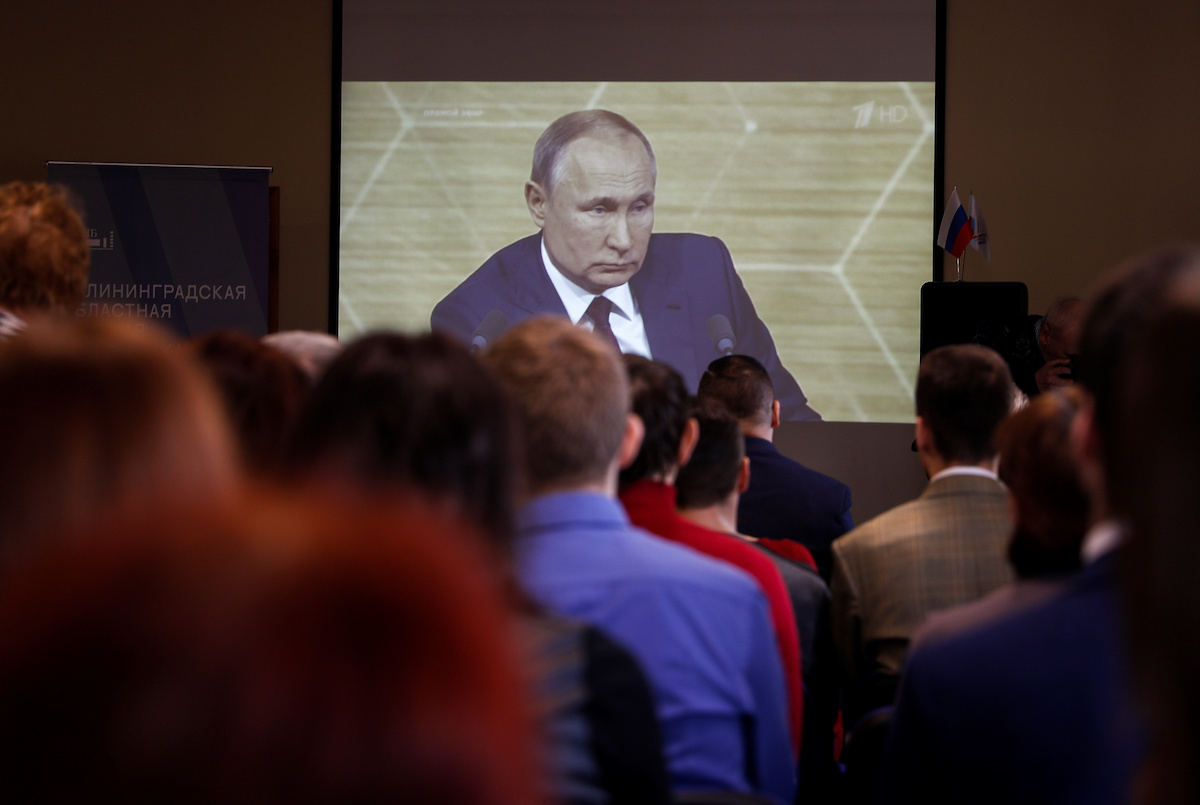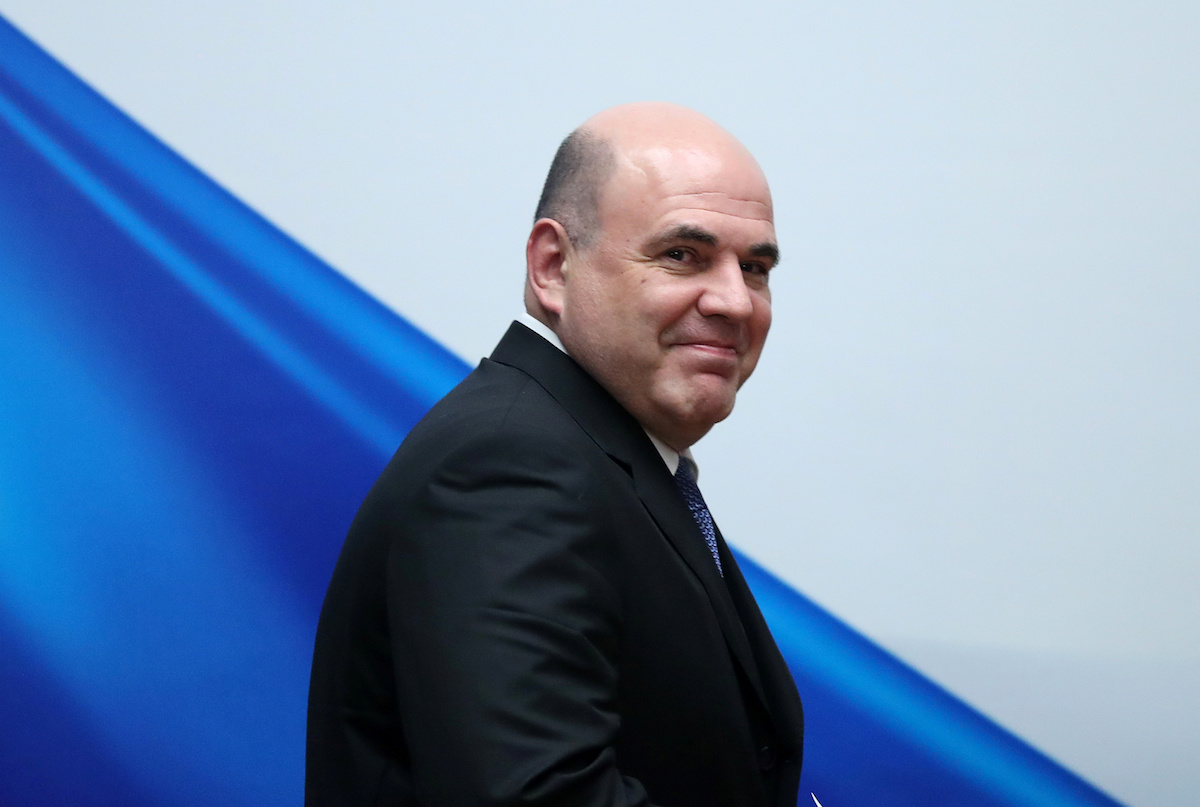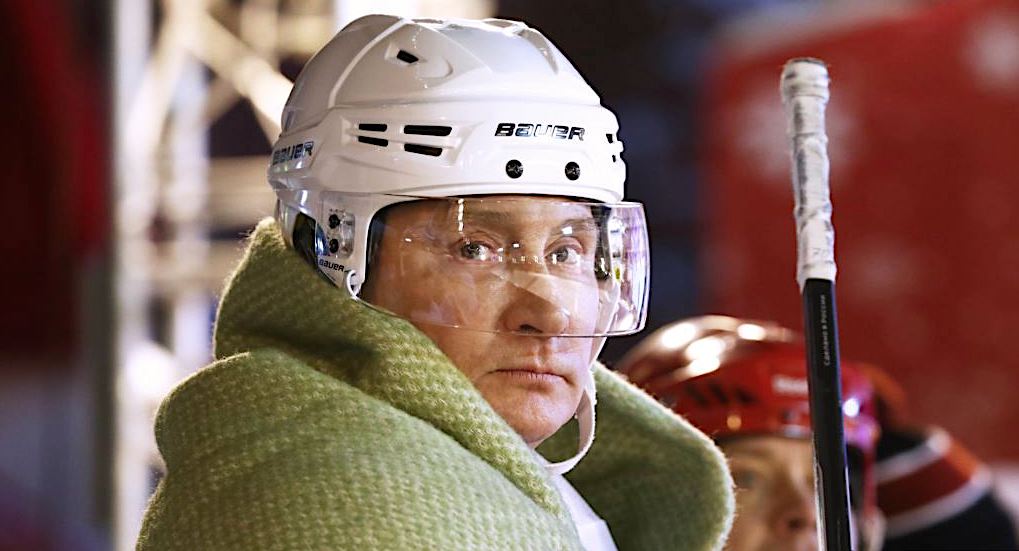Putin bidding to stay in power forever—why this is the leading conclusion amongst experts
Russia just experienced a real constitutional coup, initiated by the all-powerful ruler of the country—Vladimir Putin.
This is essentially how the majority of both Russian and international experts interpret recent events in the country.
Everything happened in the course of one day. On January 15, 2020, President Putin announced a constitutional reform, and just three hours later, the entire government resigned, including Prime Minister Dmitry Medvedev.
And on the next day, January 16th, a new Prime Minister took the stage—Mikhail Mishustin, the 53-year-old head of the tax administration.
What does this mean and who is Mishustin? The main points.

The issue of 2024, the year when Putin must step down
The main problem facing Putin is maintaining power after 2024, when the next presidential elections are meant to take place and Putin will not be allowed to participate.
”The constitutional amendments are a way to cement his power. We are beginning to live in a different reality. This is a seminal moment in Russian history,” says Mikhail Fishman, columnist from the Russian television company Dozhd.
Many experts in both Russia and the West believe that the resignations, the appointment of a new prime minister, and the statements on the strengthening of the role of parliament do not mean much, and can be called an imitation of change.
The most important event that happened in Russia was that Putin decided to stay forever and to secure his position through constitutional changes.
• 20 years of Vladimir Putin: from head of the Russian security service to president
• Video: best ode to Putin contest held in Russia
What are Putin’s proposed constitutional amendments?
Putin’s statements about the upcoming reform are still very vague and foggy, and political scientists find it difficult to assess what exactly will change, and why.
The decision to convene a working group to prepare the constitutional amendments was also perplexing. Of the 75 people involved, only 11 are lawyers. The rest are athletes, musicians, writers, and leaders of the Cossack movement.
Voting on this reform may take place in the spring of 2020.
Experts consider these to be the two main amendments:
• Changing the limit on the number of presidential terms
So far, it has been stated that one important word will be deleted from the text of the constitution. The word is “consecutive” in the phrase: “The same person cannot be elected to the post of president for more than two consecutive terms.”
Because of this word, Putin, after serving 10 years (2 terms) as president, was forced to take a break for four years, passing the chair to his trusted compatriot Dmitry Medvedev, and returning to the Kremlin in 2012 for another two terms, that is, 12 years.
Now, after passing the new constitutional reforms and removing the word “consecutive,” Putin could again become a presidential candidate and remain in power for another 12 years.
But experts say that nothing prevents him from removing the article stating that the presidency can only be held for two terms. This would be even easier.
• New rules for appointing the prime minister, deputy prime ministers and ministers
Under the new system, the president will propose a PM candidate to the State Duma. There is nothing novel here. But the prime minister will not be able to choose members of the government himself. Now the Duma will appoint all ministers and deputy prime ministers.
Russian political strategist Abbas Gallyamov considers this the most important aspect of the new arrangement. This may mean, he says, that Putin sees himself as a future State Duma speaker:
“It may happen in the following way: he appoints an obedient successor to the presidency, he himself becomes a speaker, the prime minister will be approved by him, and he will appoint all of the ministers himself.”
Who is Mikhail Mishustin, the new prime minister of Russia
The mediocre public politician Dmitry Medvedev has been replaced by the capable organizer and sensible manager Mikhail Mishustin. This is how most experts comment on the changes occuring in Russia.
At the same time, journalistic investigations have already been published, which indicate that Mishustin is a very rich man, even by the standards of Russian high officials.
This is what we know about the new prime minister:

• Over the 10 years that he served as head of the Russian tax service, Mikhail Mishustin tripled the amount of money his agency delivers to the budget. In an interview with the Russian newspaper Vedomosti, he himself cited impressive figures: over five years, Russia’s GDP grew by 1.2 percent, and tax revenue grew by almost 70 percent (without inflation, 39.6 percent).
• Mishustin also greatly simplified tax payments and switched everything over to an online regime, creating an effective system of control over all business activity in the country.
• The tax service has become the most digitalized structure in Russia. This is due to the fact that the first big business he headed in the 1990s was the International Computer Club, which was the first to introduce Western technologies in Russia. In fact, it was this club that brought Intel, IBM, Motorola, Hewlett-Packard, then Apple and others to the Russian market.
• Mishustin is also considered a serious scientist. In 2010, he defended his doctoral dissertation in the field of tax sciences, and the authority of his scientific work is yet to be questioned.
• Mishustin is also involved in President Putin’s favorite pastime—they play hockey on the same team.
The wealth of the new PM
• Open Media reports that his family owns 2.6 hectares of land on the elite Rublevo-Uspensky highway with five residential buildings. None of this is written in the prime minister’s declaration. All real estate costs about $ 25 million.
• FBK (main Russian opposition leader Alexei Navalny’s publication) writes that the wife of the new head of government, Vladlena Mishustina, has earned nearly 800 million rubles [about $ 10 million] over the past nine years, according to tax returns.
In 2016, Forbes even included Mishustin’s wife in the list of the richest wives of government officials. But at the same time, not a single company has been registered in her name.
• RFE/RL spoke about the chic lifestyle that the relatives of the new Russian prime minister are leading—they fly on personal jets, relax in the best resorts in Europe, and their children study in expensive schools in Switzerland.
• The newspaper “Vedomosti” also discovered that Mishustin wrote the music for two of popular Russian artist Grigory Leps’ songs: “Ash” and “Real Woman.”
In summation
Mishustin was appointed to the post of Prime Minister primarily in order to implement Putin’s ambitious “national projects” and improve the greatly reduced standard of living in Russia.
The failure of the previously untouchable Prime Minister Dmitry Medvedev in these social programs, including the wage increase, has become, according to many experts, the main reason for his resignation.
At the same time, Putin needs Mishustin to control the warring factions within the “Putin elite,” analysts say.
“The Kremlin is more concerned about restoring order in its inner circle than about its relationship with the public. Anyone who comes from the tax police knows ‘where the bodies are buried,’ and in this sense, he is probably very useful for Putin,” says Sam Greene, Director of the Russia Institute at King’s College London.
As Russia expert Mark Galeotti succinctly says, “Putin needs his own Putin.”




















